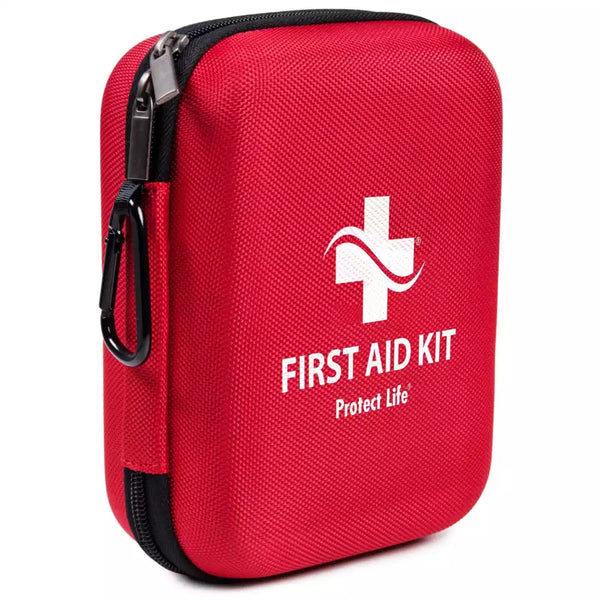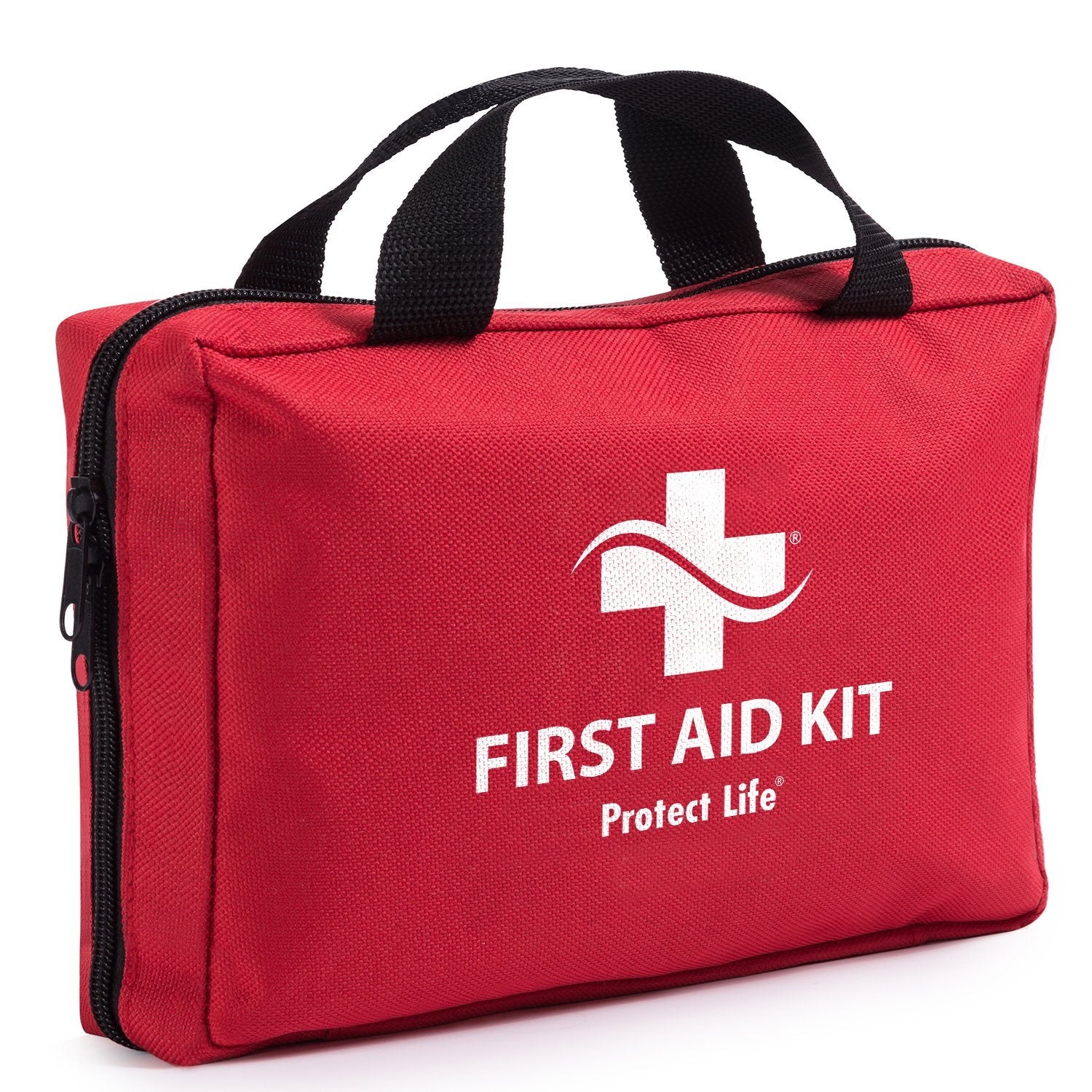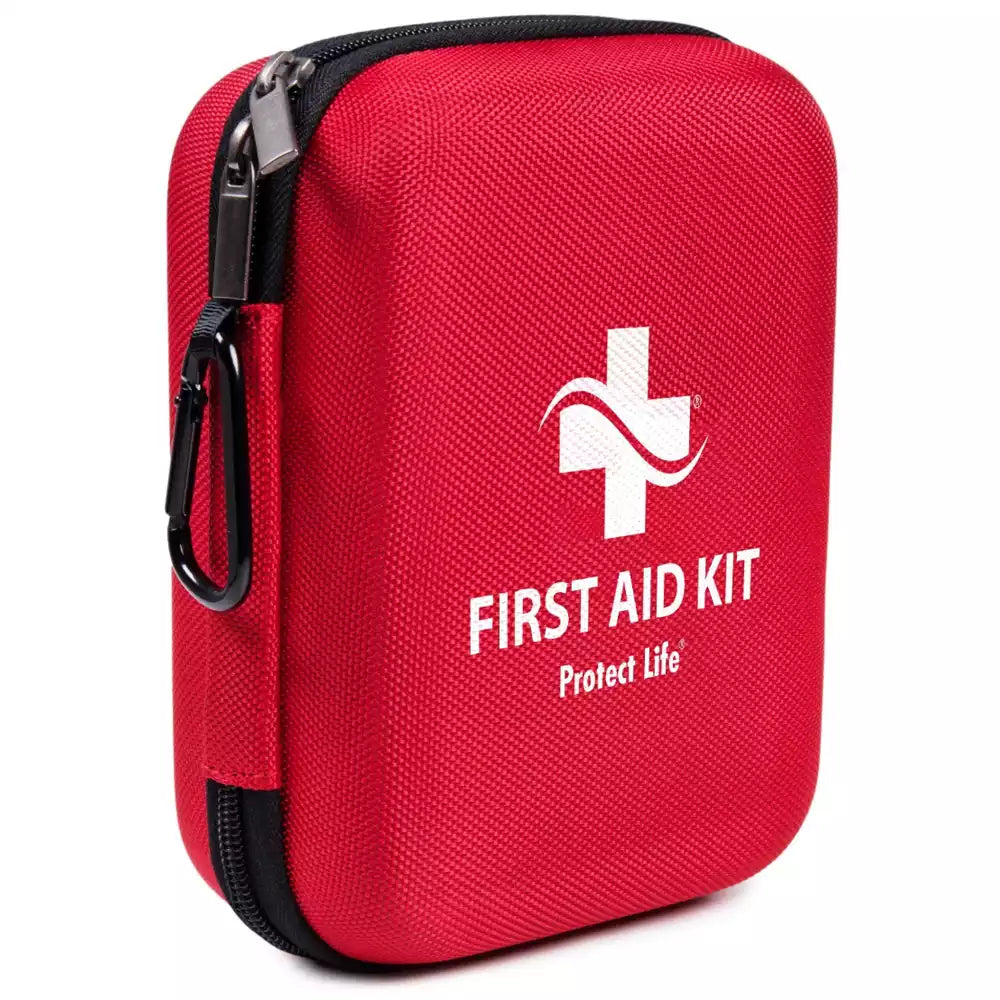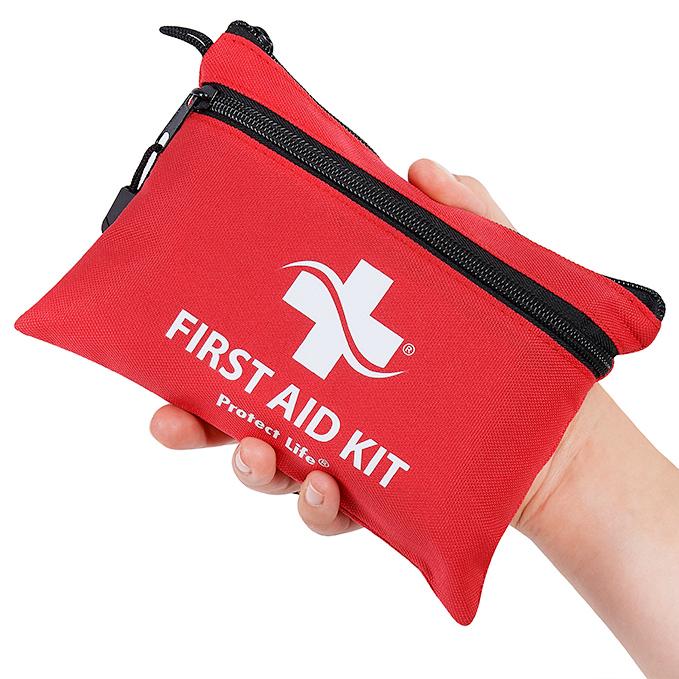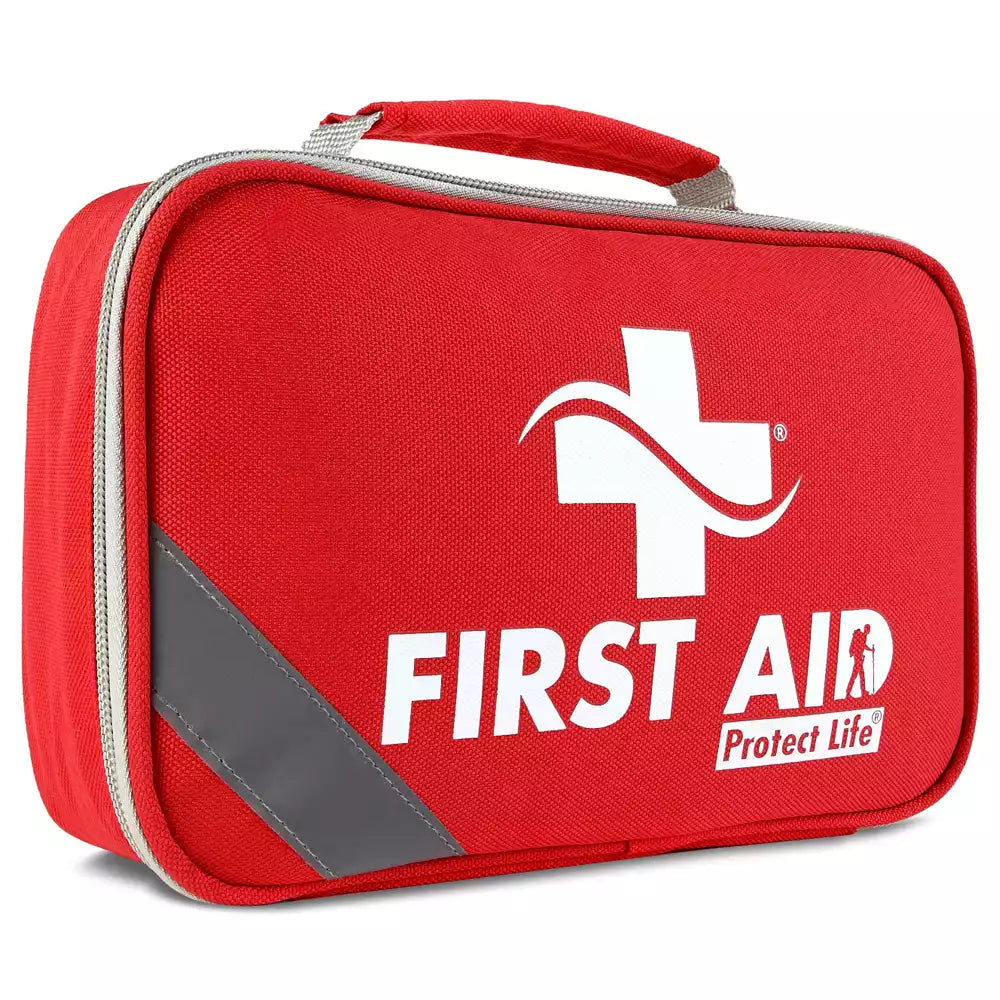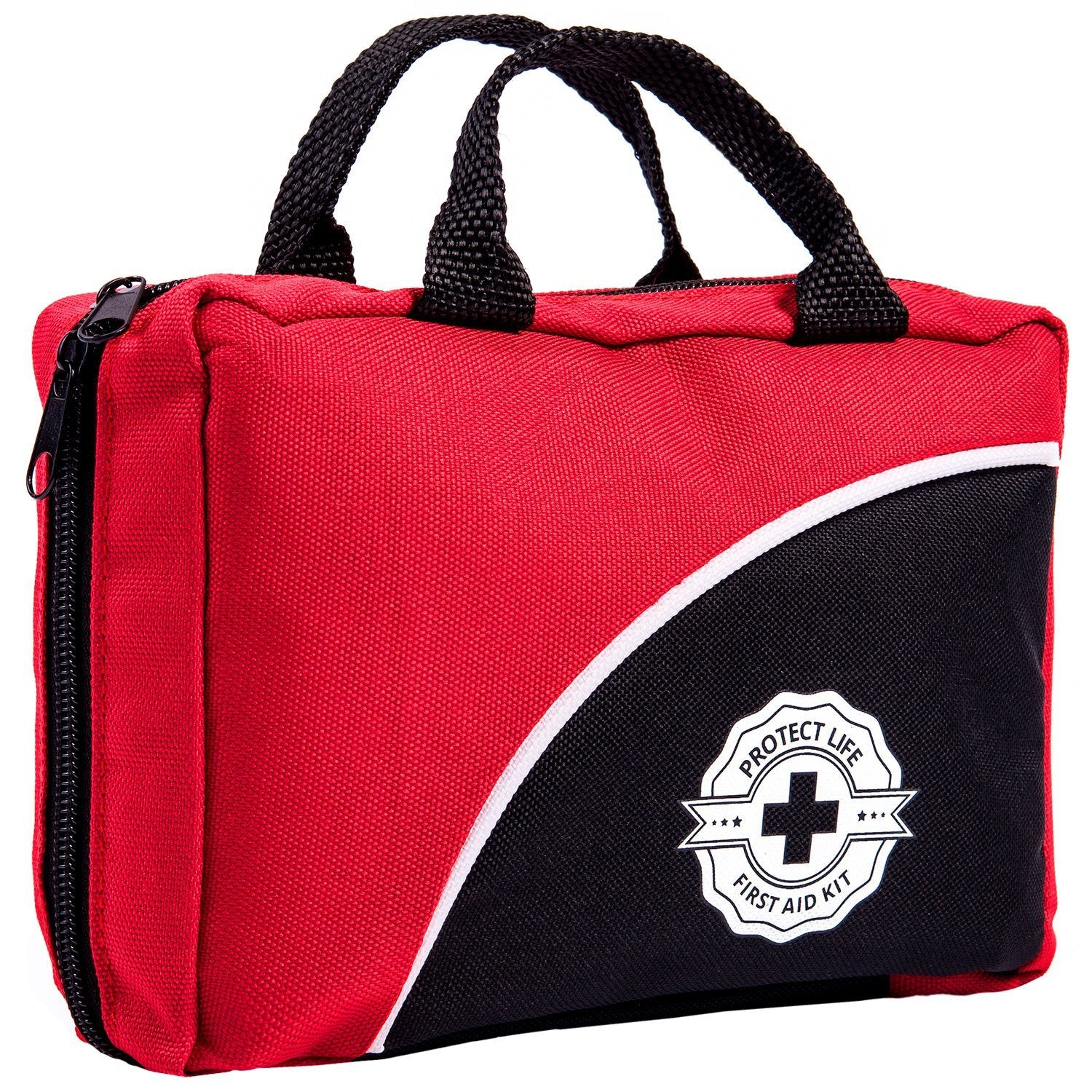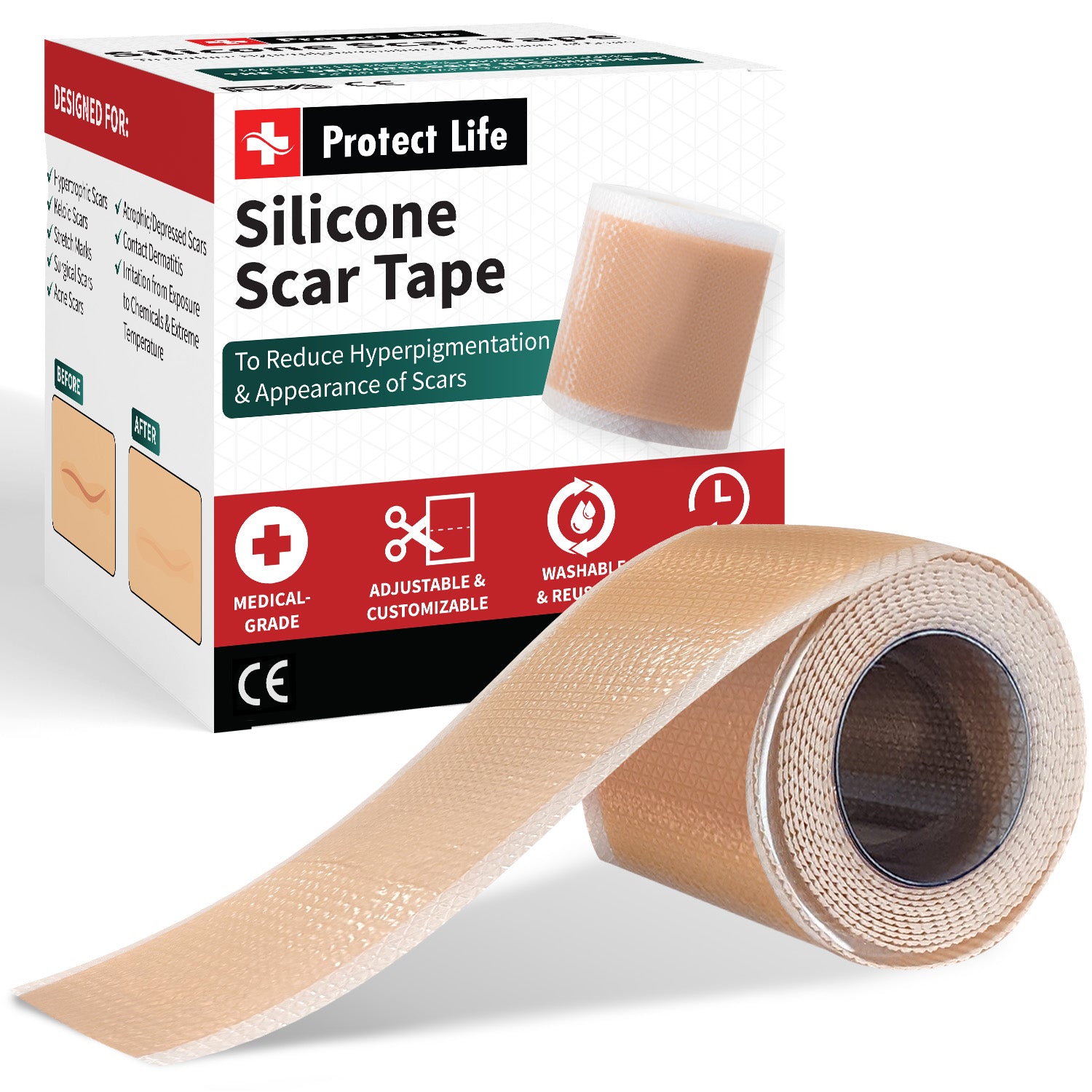Protection
It has been almost a year since the pandemic started. While there’s still no cure or vaccine for COVID-19, people are learning to adapt to the new normal. This is a list with our best Coronavirus Tips. Lockdowns can’t be enforced for prolonged durations without severely affecting the economy. We also can’t spend our lives in quarantine forever.
Fortunately, there are ways to slow down the spread of the coronavirus and go about our daily lives without fear. Here’s a quick guide on how to protect yourself and your loved ones from COVID-19.
Understand the Coronavirus
The coronavirus isn’t exactly new to the world. Coronaviruses have been around for decades, with the first occurrences detected as early as the 1960s. Some studies even date the origin of coronaviruses to over thousands of years ago. However, these viruses are known to mutate and have hundreds of strains, making them quite difficult to eradicate completely.
Coronaviruses are characterized by their effect on the respiratory system. They can cause mild to severe respiratory illness in people and are also known to circulate among birds and mammals. In fact, the two most recent families of coronaviruses, the SARS-COV and COVID-19, are believed to have been acquired from bats.
COVID-19, the coronavirus disease we’re battling now, has symptoms similar to the flu, including fever, cough, shortness of breath, sore throat, headache, and body aches. Some people infected with the virus also suffer from nausea, vomiting, diarrhea, and sudden loss of taste or smell.
COVID-19 is believed to be transmitted mainly from person to person through respiratory droplets. When an infected person talks, droplets can land in the mouths and noses of people nearby, then be inhaled into the lungs. These droplets can purportedly travel up to six feet in the air when a person coughs or sneezes.
There are currently no vaccines available yet, and no specific treatment has been found as well. Doctors can merely provide supportive care for severe COVID cases. Thus, everyone must adhere to stringent health protocols to prevent its spread.
Protect Yourself
Helping stop the spread of virus transmission starts with protecting yourself from acquiring it. Since the start of the pandemic, health officials have been advocating the following preventive measures:
Proper handwashing
Contaminated hands can easily transfer microbes to your eyes, nose, and mouth. We all tend to unconsciously touch our faces, so it’s important to keep our hands clean. Your regular soap will suffice, but you must ensure proper handwashing for at least 20 seconds.
If you’re outside and have no access to soap and water, use alcohol-based sanitizer to disinfect your hands. Any sanitizer with at least 60% alcohol can destroy the coronavirus. Make sure to cover all the surfaces of your hands, especially after contact with high-touch areas such as doorknobs, restroom counters, and elevator buttons.
Maintain physical distancing
Because COVID-19 is easily transmitted from one person to another, people are advised to maintain a distance of six feet from each other. This is about two arms’ length away from other people. Since this would obviously be difficult to do in crowded areas, people are also strongly advised against going to such places.
You must also avoid close contact inside the home if there is any sick person exhibiting symptoms of COVID regardless of how mild they are.
Wearing face masks in public areas
Protect yourself from inhaling contaminated respiratory droplets by wearing face masks when interacting with other people. More than following health coronavirus tips, do this for your own protection. N95 and surgical masks block viruses most effectively, but cloth masks with at least two layers offer some protection too.
Health monitoring
If you’re often in public areas such as your workplace, be alert for symptoms. Monitor your health daily and stay at home to isolate if symptoms develop. Follow the guidelines set by your local health authorities.
Protect Others
If you are infected with COVID-19, the best way to protect other people from getting it from you is through self-quarantine. Avoid close contact with other people for at least two weeks or until you recover from the disease. Just stay at home even if the symptoms are mild.
It is also advisable that you continue wearing a mask when going out once your self-quarantine period ends. This protects others from possibly getting infected in case the risk of contagion remains. This also protects you from getting infected again. Keep in mind that it is possible to acquire the virus again even after recovery.
Choose the Right Mask
Face masks are essential in the fight against COVID. However, you have to choose the right type of mask and wear it properly. Here are among the common options people use today:
· Cloth masks
For most people, cloth masks are enough to provide ample protection. They trap droplets from your nose and mouth when you talk, cough, or sneeze. If you have the virus without knowing it, cloth masks reduce the chances of spreading the virus to other people.
However, cloth masks don’t always filter droplets coming from the environment. They may not offer enough protection from the virus when in a crowded place, but they’d work fine when walking outdoors or running errands in places without many people.
· Surgical masks
Surgical masks are the disposable masks you would see in hospitals pre-COVID. They offer protection both for yourself and the people around you. They keep your own droplets in while keeping those from other people away from your nose and mouth.
While they do offer more protection than cloth masks, they are loose-fitting and tend to leave gaps when not worn properly.
· N95 masks
N95 respirator masks are considered the most effective in preventing virus transmission. Like surgical masks, they protect both you and the people around you. However, N95 masks can filter up to 95% of both large and small particles, which is why they are the required masks for health practitioners dealing with patients.

There was a shortage of face masks at the onset of the pandemic, and N95 masks were reserved for healthcare workers and medical first responders. But as manufacturers have since increased their supply to meet the demand, N95 masks are now readily available to the general public.
Whichever type of mask you’re wearing, make sure that it fits you properly. It must cover your nose and mouth, feel snug against the sides of your face, and fit securely under your chin. There should be no gaps where particles can go through.
Because proper fit is important, get kid-sized masks for your children or for yourself if you have a fairly small face. Keep in mind, though, that children under the age of two should not wear face masks at all. The same goes for those who have trouble breathing or unable to remove their mask without assistance.
Stay Protected from COVID-19
Even experts can’t tell how long the pandemic will last. Vaccines also aren’t expected to be available for another year or so. The only thing we can do for now is to do our part in containing its spread. Follow the steps we have mentioned in this corona virus tips list and stay up to date with news on the coronavirus. Always check public health advice from reliable sources such as the CDC, WHO, and your local health authority.
Remember to wash your hands frequently, have a small bottle of hand sanitizer within reach, and wear a face mask when interacting with people. Get your face masks here.

